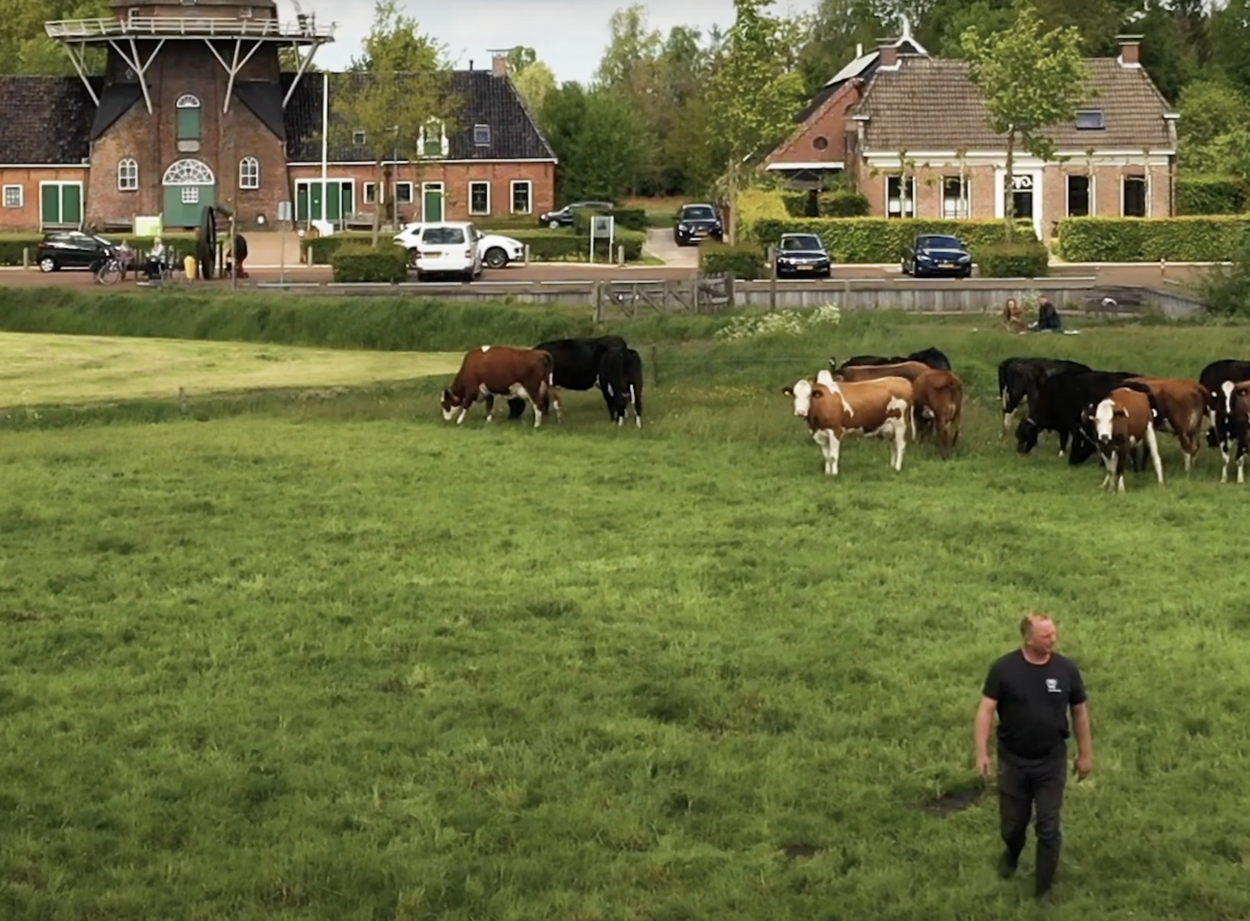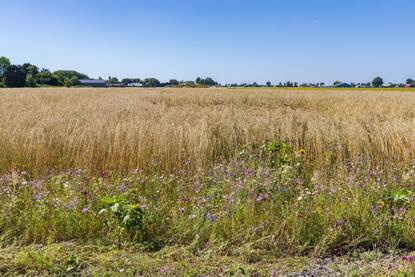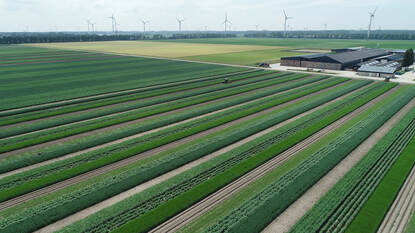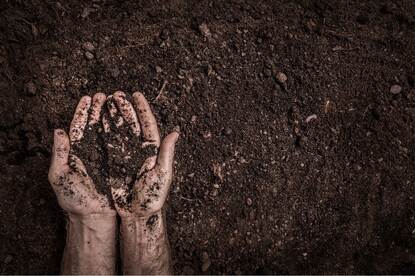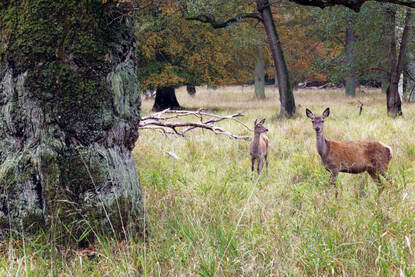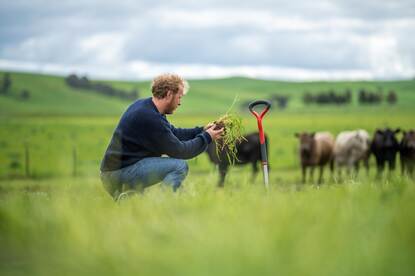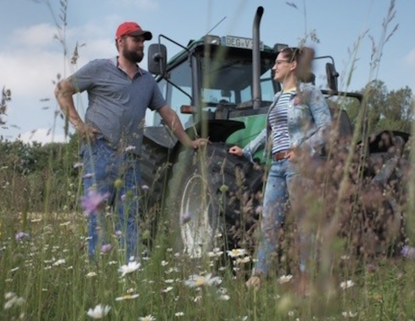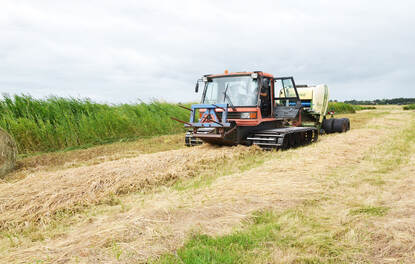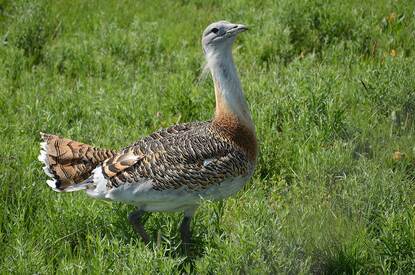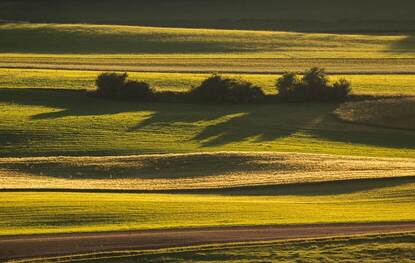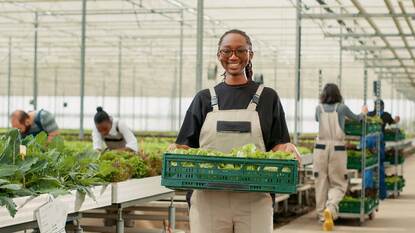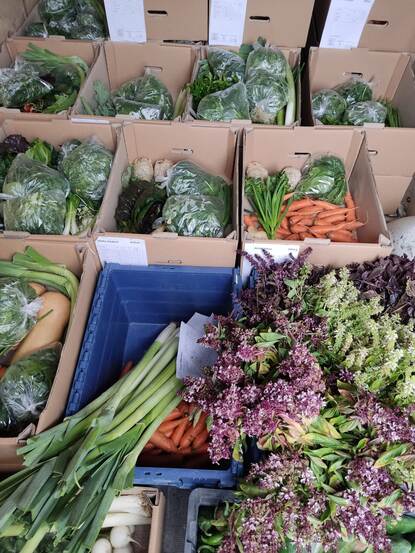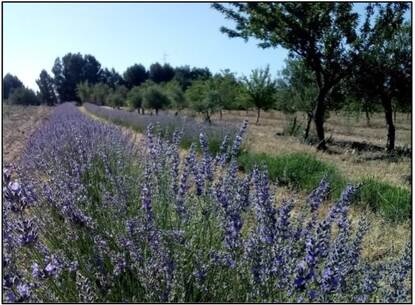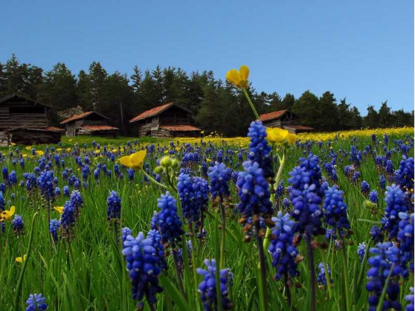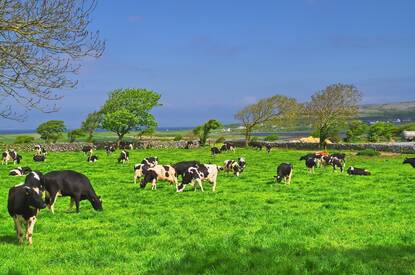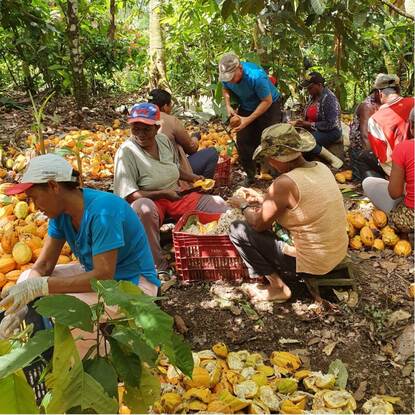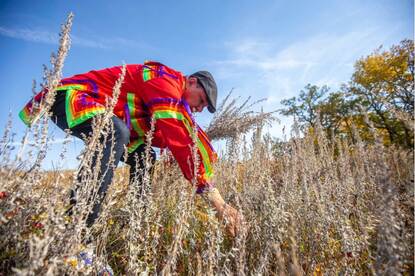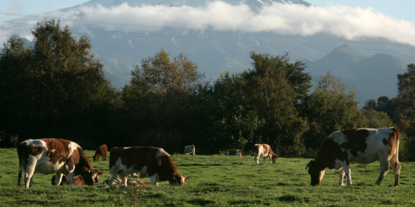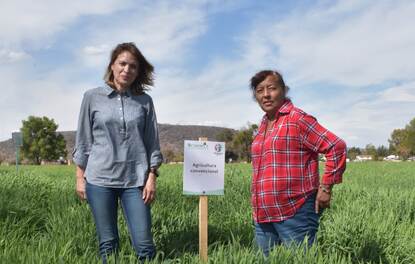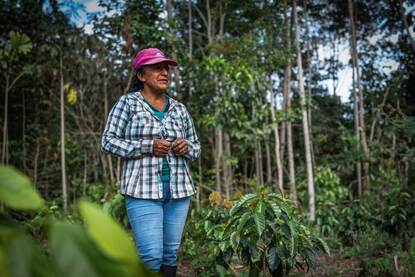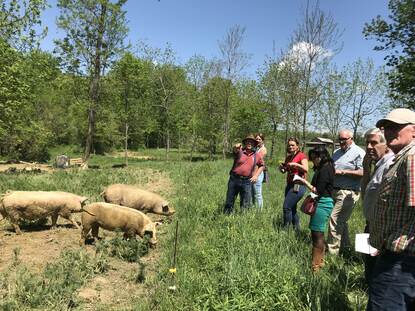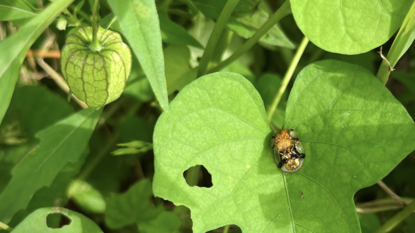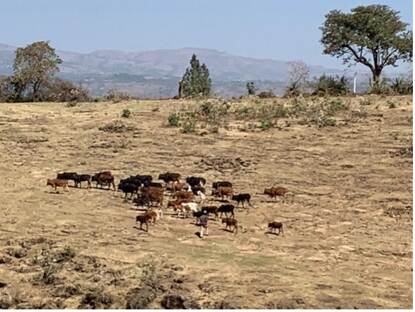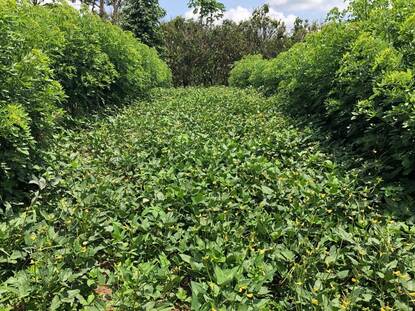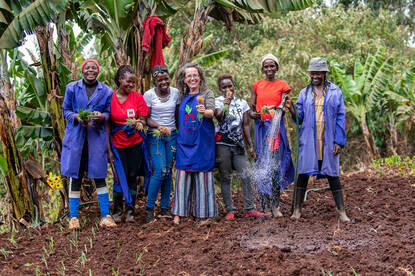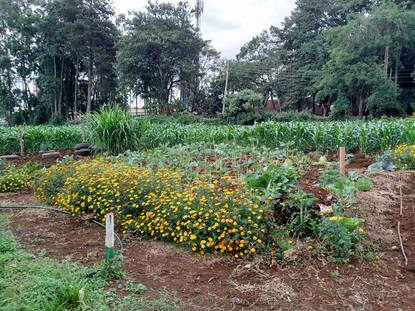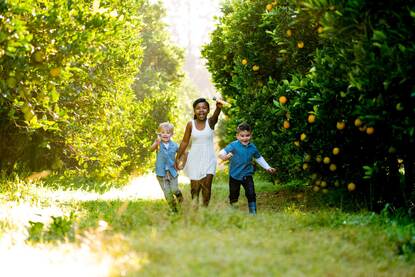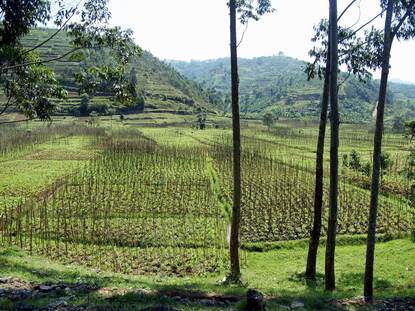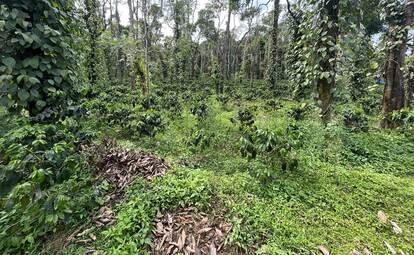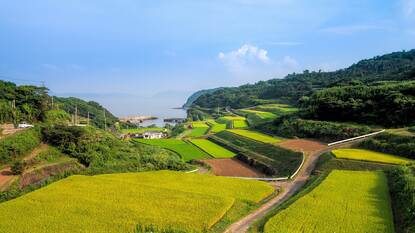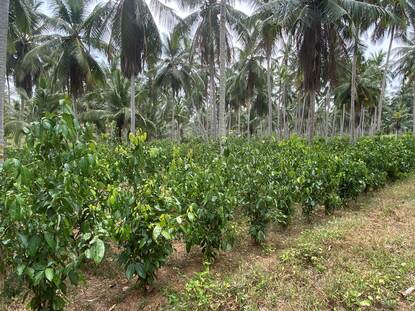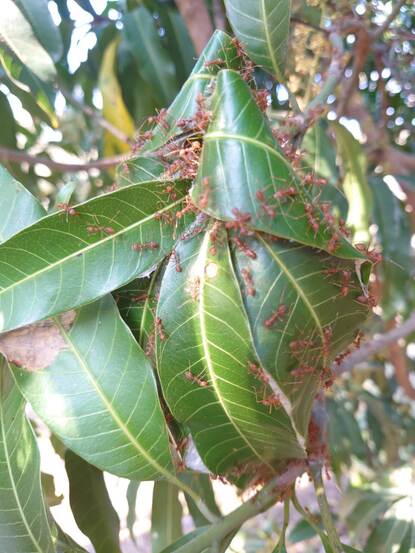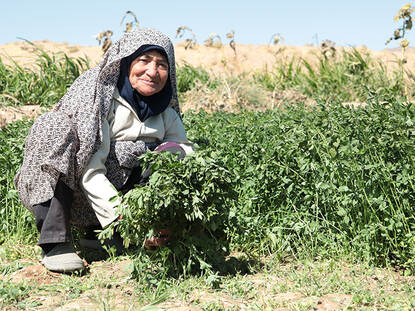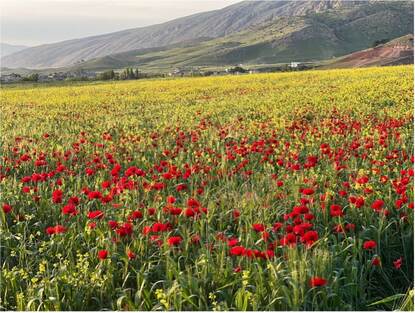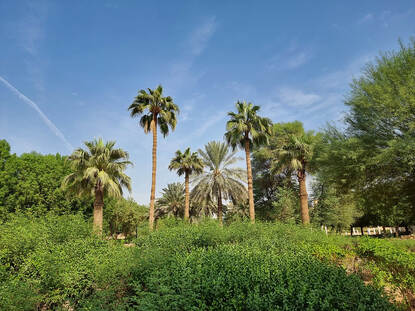Peter Oosterhof is a Dutch dairy farmer in Foxwolde, a village located in northern Drenthe, near Groningen. His working philosophy is simple: let nature do the work for you. Not only does it benefit the planet, but it can also sustain economically sound businesses. ‘I have more income now than before.’
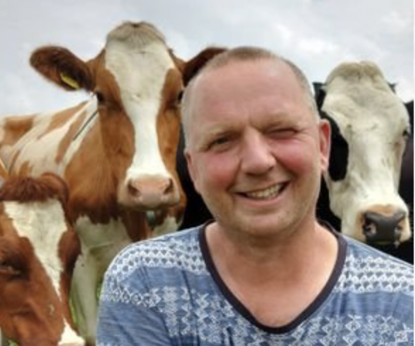
Peter Oosterhof runs an organic dairy farm with 115 cows on 65 hectares of pastureland, 20 hectares of natural areas, and 15 hectares of land with conservation compensation. ‘In 2018, I decided to convert to organic farming,’ says Oosterhof. ‘I was going through a professional midlife crisis and was done with being a conventional farmer.’
Instead of quitting, he changed course, which turned out to be quite a successful decision. ‘By observing how nature functions and utilizing what it has to offer, you allow nature to work for you. You are a director of natural processes, as it were. For me, that is very addictive!’
Cows do your work for you
Oosterhof goes on: ‘As an organic farmer, you depend on a well-functioning, healthy soil. So, I stopped using artificial fertilizers and sowed seven hectares of grassland with herbs as an alternative to the usual English ryegrass, as well as clover, plantain and chicory, among other things. These help to improve and deepen the soil's root system, and to absorb more water and sequester more CO2.’
To turn grass into something profitable, you need cows, says Oosterhof: ‘I let mine graze outside as much as possible. As they eat more grass, they are doing a lot of my work for me. For example, I don’t need to mow as often and have less grass to store. In addition, manure and urine remain separated, with much less ammonia as a result. I don't need to spread the manure either.’
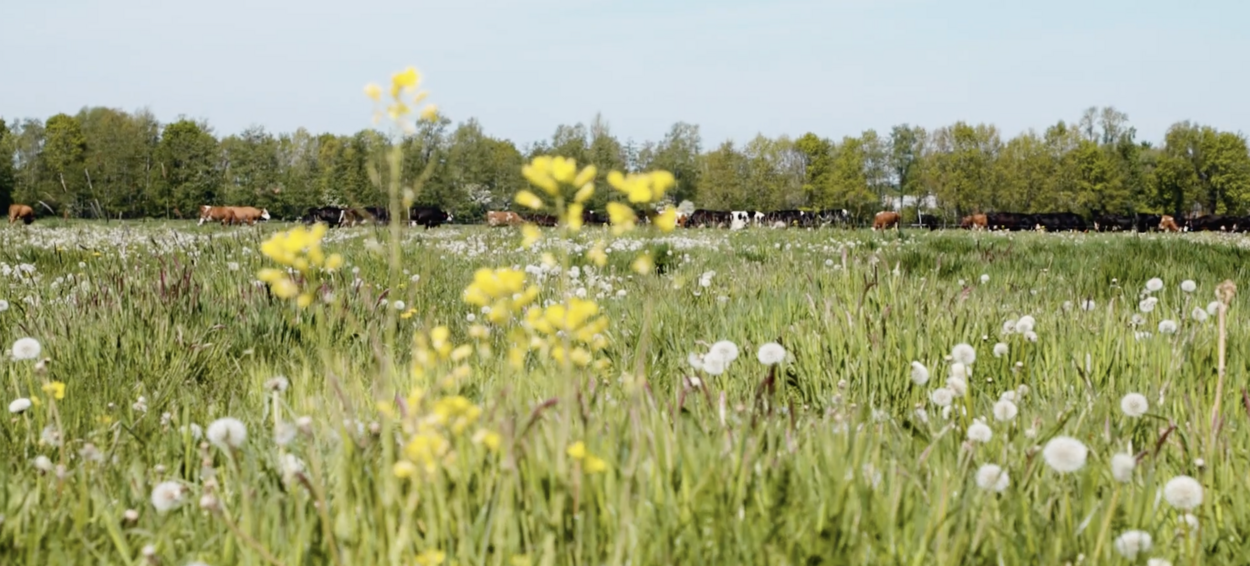
Reducing costs and healthier cows
Working organically, combined with extensive grazing, is an important factor to reduce costs. Oosterhof: ‘I don’t need to buy artificial fertilizers anymore. I use fewer machines, which means less soil compaction and less diesel consumption. And I don’t need to pay a contractor to mow or spread manure.’
‘Moreover, my cows are healthier, reducing veterinary expenses. Although milk production has decreased, with cows now producing 6,000 to 7,000 liters per year instead of the previous 8,500 liters, I receive a higher price for organic milk. Overall, the business is profitable. I have more income now than before.’
‘The Netherlands should promote an organic approach to the rest of the world’
Restoration of nature
Oosterhof's transition has visibly contributed to the restoration of nature on his farm. ‘Nature has truly made a comeback. We now have sand bees, and orchids along our ditches. And the carnivorous bladderwort has returned, a rare plant. An ecologist from the province of Drenthe complimented me, saying I must be doing something right, since bladderwort requires extremely clean water.’
‘Cow droppings in the pasture are a haven for insects,’ Oosterhof goes on, ‘and there are also more butterflies now. But I must admit it is not all roses and moon beams. Weeds, such as sorrel, remain an issue. But I expect we can effectively combat those by promoting herb-rich grassland.’
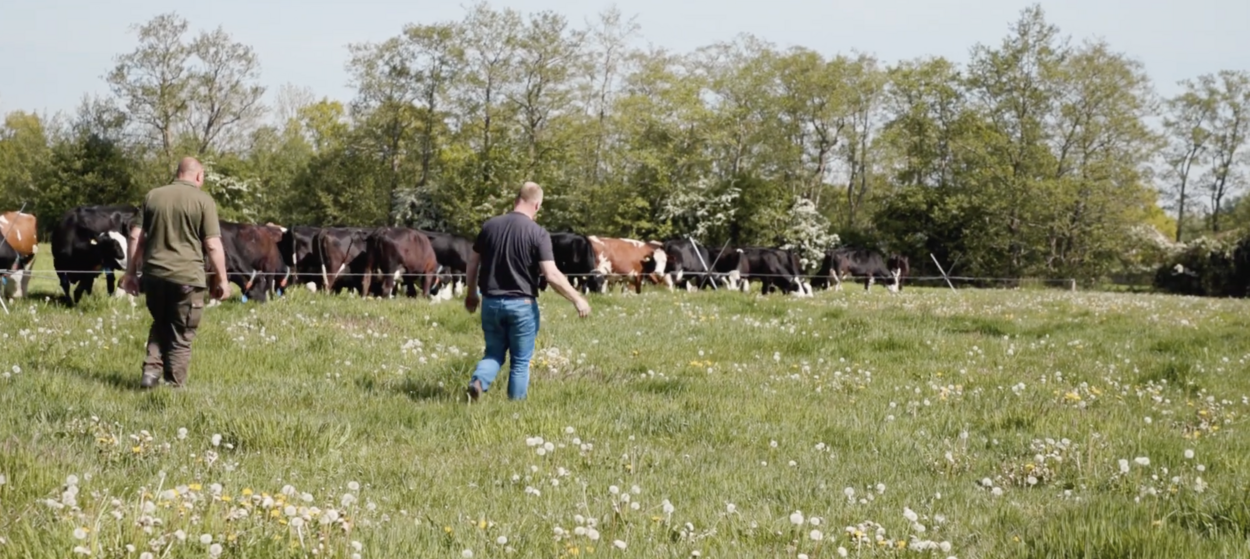
Promoting organic farming worldwide
Oosterhof is supporting a proactive approach by the government to encourage farmers to transition to alternative forms of agriculture, including nature-inclusive agriculture, ones that don't rely on excessive inputs. Also, he would like the government to reduce VAT on organic products. ‘This would enable more consumers to afford our products and make organic farming more profitable.’ He is a firm believer that the Netherlands should promote an organic approach to the rest of the world. ‘Many farmers are dependent on suppliers of animal feed, fertilizers, and other substances. But that's completely unnecessary. All these substances are essentially makeshift solutions.’
When you effectively manage natural processes, you can do without them. Oosterhof: ‘Especially if we select and breed plants, grasses, and herbs that can thrive with lower levels of fertilization. We also need to breed cows that can produce high yields without concentrated feed. Of course, that takes time. Even I still provide some concentrate feed to my cows because they haven't fully adjusted yet. But in essence, agriculture is about collaborating with nature. There is no other way for farmers.
More information
You can read more information (in Dutch) about the organic dairy farm of Peter Oosterhof
